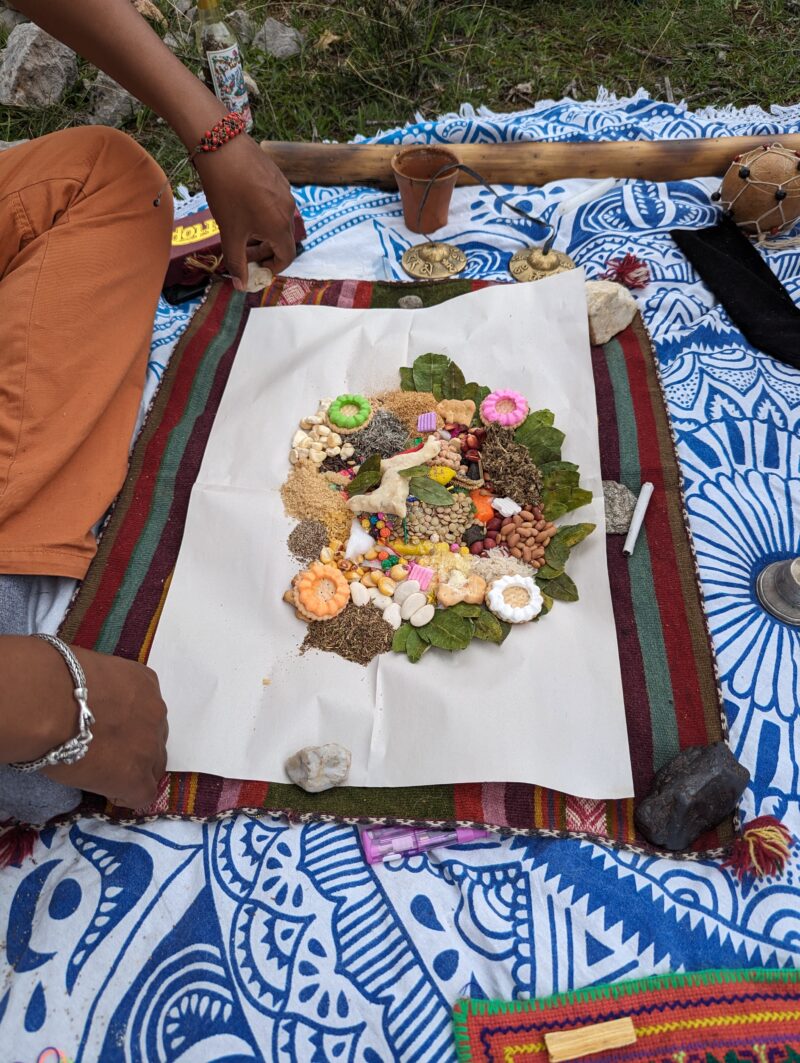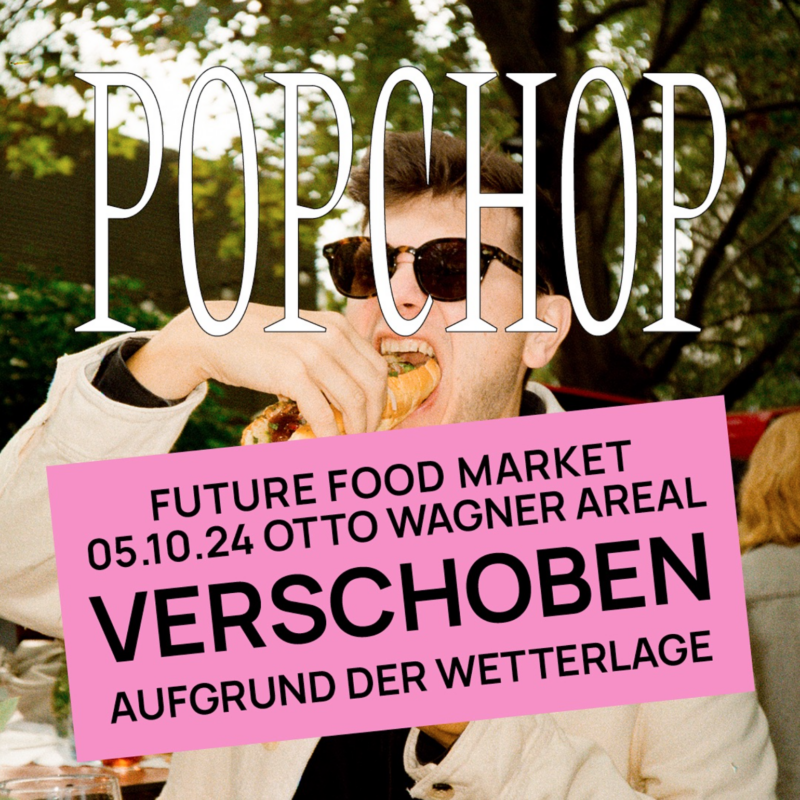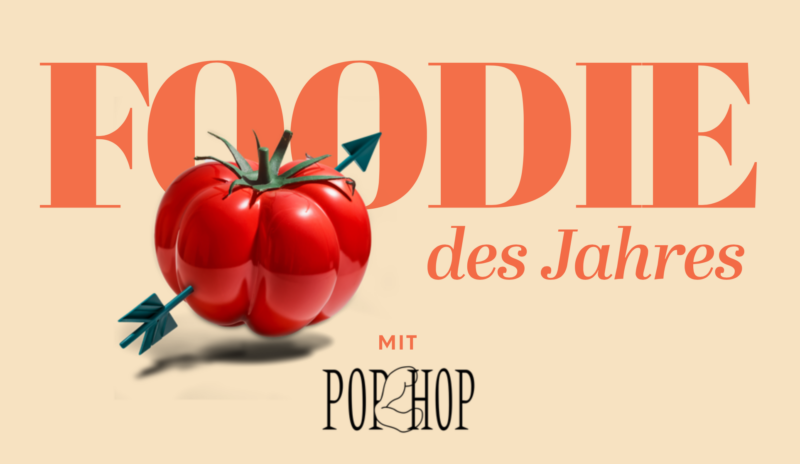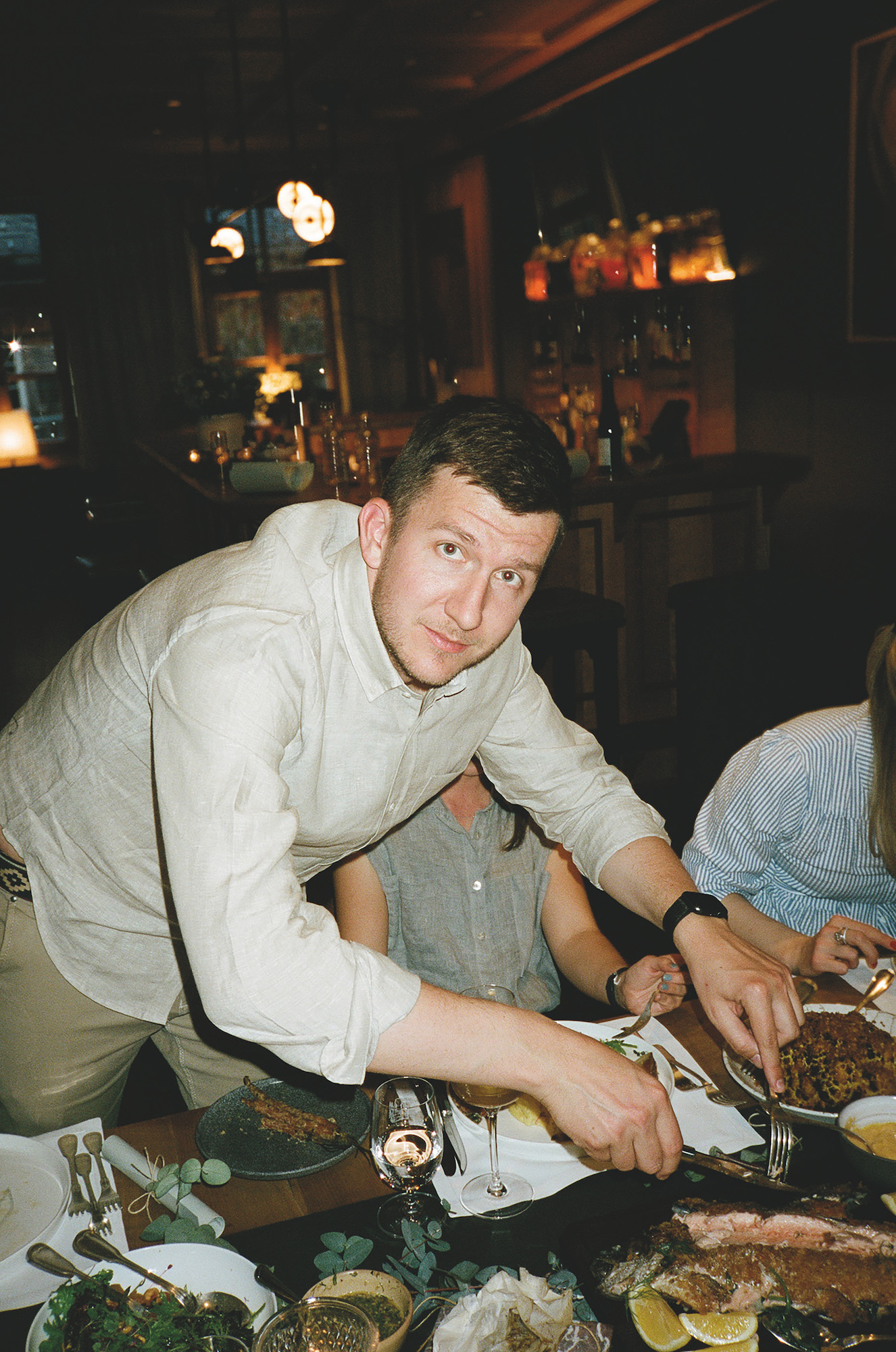
Photo: Connie Klimt
Characterized by constant change, both workplaces and working methods are required to be more flexible. The concepts around „New Work“ have become increasingly important in recent years and are changing the way companies onboard, manage and inspire their employees. However, it is noticeable that the term „New Work“ is mainly associated with modern, urban office jobs, while solutions for application in industries such as rural hospitality are often lacking.
However, some pioneers in the industry have long been showing how „New Work“ can be implemented for the specific requirements of the hospitality industry.
An exemplary role model is Peter Fetz, whose management style at Hotel Gasthof Hirschen in Schwarzenberg, Vorarlberg, demonstrates that „New Work“ can mean more than just a 30-hour week or remote working.
Peter Fetz is deeply rooted in his home region, the Bregenzerwald in Vorarlberg. After studying tourism management in Vienna, he was drawn to international cities such as Paris and London. The mountains of his homeland and his connection to nature lured him back. In 2017, he took over the management of the Hotel Hirschen in Schwarzenberg from his father and is now the tenth generation to run the traditional hotel (together with his sister Pia Fetz).
Peter Fetz strives to establish new approaches in his management style. With an insatiable desire for innovation and progress, he has already tried out many approaches to further develop the Hirschen. However, he never loses sight of the well-being of his team. His leadership is based on empathy and open communication, which enables him to recognize and promote the talents of each individual.
A glance at the Hirschen team quickly reveals that this is no ordinary group, but rather a close-knit community of employees who treat each other with exceptionally relaxed appreciation. In a way, it is reminiscent of a tribe, a tribe in which people with shared values and a pronounced curiosity about the future come together to make their contribution – to be better today than yesterday.
Creating such a culture requires considerable work and a deeper understanding of the needs of individuals.
As a hotelier with a clear vision and an eye for the essentials, Peter Fetz shares his thoughts on a variety of aspects that make his hotel a unique working and guest experience, as well as what might change during his maternity leave.
Peter, what was your own experience of leadership during your training?
In the past, it was often frustrating to observe how leadership positions within a group were often filled for structural reasons and not on the basis of actual ability. These circumstances repeatedly bothered me. I often asked myself why I was actually working for this person.
Later in my career, I also had the privilege of experiencing talented leaders. This showed me how strongly such an inspiring person can influence the acceptance of their own position and role within the team. It became clear how much an authentic and competent leader contributes to a team working in a more motivated and productive way.
What did you want to do differently yourself in terms of employee leadership?
Over time, I have come to the following realization: My skills and motivation do not necessarily find their purpose in repetitive tasks, but rather in expanding structures and ideas. This insight has helped me to develop my management style.
I wanted to become a hotelier quite early on, but I didn’t enjoy the work at first. Much of what I had to do seemed pointless and incomprehensible to me.
That was still the time when there was no shortage of staff. The era of molecular cuisine had reached Austria, while elsewhere in the world it was already over – a kind of „dark age“ of the industry. Ginger-lemongrass soup and prawn skewers dominated the menus. The idea of regionality had not yet arrived.
I knew that I wanted to do everything differently, from the management style to the content concept, but back then my idea was not as clearly defined as it is today. The desire for change was more theoretical.
What does the term „New Work“ mean to you?
I am very interested in what is happening in this area. But I’m always waiting for someone to concretize the possibilities for the service industry. For example, the idea of a 30-hour week – no one has yet been able to explain to me how this could be implemented in a hotel business. It’s the same with the concept of remote working. While I can imagine it for office jobs, I wonder how it would work in the hospitality industry. I think about it both from the perspective of a manager and from a social perspective.
It’s important that we don’t make the mistake of only focusing on office jobs in the discussion about „new work“ and thus upgrading them in comparison to service jobs. After all, where would that lead? There are already enough difficulties motivating the next generation. The debate should not always focus on hours and minimum wage. It should not be seen as reprehensible if someone is prepared to invest time, joy and commitment in their job – without being exploited by the employer, of course. Because it is precisely this joy and commitment that contributes to the individual culture. This creates the unique identity of a company.
This will also be increasingly important in order to establish Austria as a strong business location. Uniqueness, not interchangeability, is the reason why people want to work here.
In my opinion, two things are crucial here today: firstly, as a manager, you have to keep your promises, regardless of their nature – our employees should always be able to rely on this. And secondly, young people are hungry for knowledge and experience; they are not interested in standing still. I have to create these conditions for them.
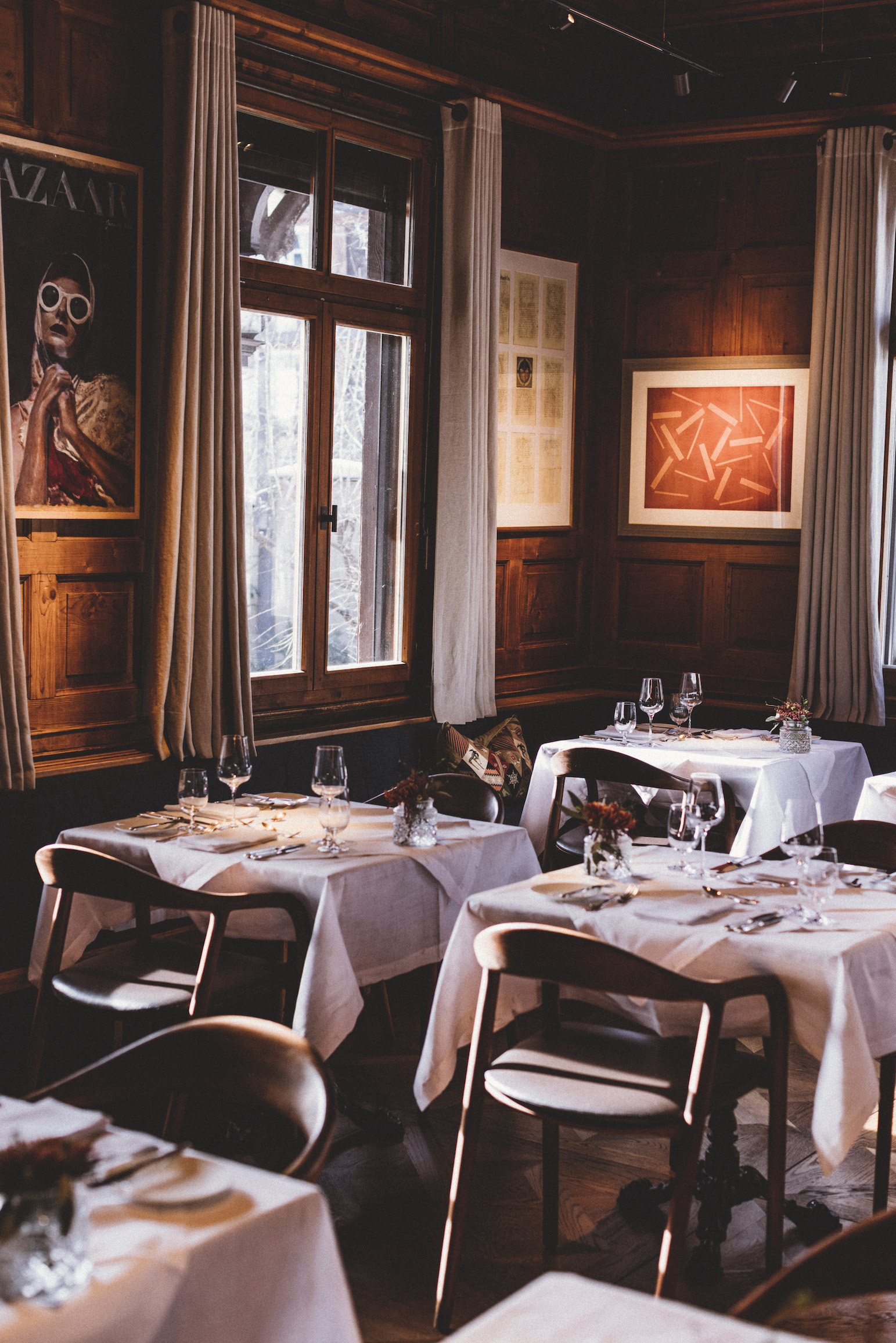
Photo: Florence Stoiber
Do you think it is more challenging to motivate and retain employees in rural regions? How do you support those who come to you from urban areas and have to adapt to living and working in the countryside?
It is undoubtedly more complex in rural areas. For career changers, we have introduced a one-week trial period to ensure that they understand the job and its requirements and can also get to know the environment, the place. Almost all employees live in our own accommodation, which also creates a variety of opportunities for social interaction.
Although there is no formal program, much is based on the initiative of the employees themselves. They form a kind of community, comparable to expats, who exchange ideas, support each other and thus also develop a strong bond.
The Hirschen has the structure of a broad management level with many apprentices. This model enables a very good mentoring system. We attach great importance to a culture of trial and error, which is encouraged and demanded of everyone in the team.
Work at the Hirschen should also meet international standards in terms of innovation. This aspect is particularly important to me. In this way, we try to ensure that people who complete parts of their training with us do not feel that they are missing out on anything just because they are not working in one of the internationally established large hotels.
How do you deal with feedback from your team, do you have regular formats for exchanging ideas?
In the beginning, we had annual meetings and similarly rigid approaches, as is usually the case. But our team only consists of 40 people – we are in constant communication with each other anyway. We notice quite quickly when something is going on and react immediately. Communication and feedback are part of our everyday life.
We also like to use job rotation and similar measures to maintain our flexibility and get a mutual feel for the different areas of work. This helps with mutual understanding and appreciation of our colleagues‘ work.
What significance does diversity have in rural areas like Schwarzenberg? Is it an important issue or does it pose difficulties?
(Laughs) In the context of diversity in Schwarzenberg, you could probably describe someone from Dornbirn as diverse. The German regular guest would perhaps prefer to have 40 local employees, but such a one-sided composition would certainly not be beneficial for the Hirschen. We always have international employees who come for a year or two and bring fresh ideas with them – and that’s important for all of us at the hotel.
The basis for a diverse culture is definitely present and desired here, it’s just not always easy to find these employees, because a rural environment poses an additional challenge for many people with a diverse background.
How do you create a corporate culture that promotes innovation and creativity as well as achieving clear goals?
A fundamental prerequisite for this is a long-term perspective for our company. I don’t plan to sell the business at a high price at some point, but to ensure that it is profitable in the long term and sustainably. With this perspective, we evaluate certain goals more generously, as we don’t have to work and manage on a quarterly basis in order to achieve rigid figures. Promoting innovation goes hand in hand with a certain error culture.
We know that mistakes are unavoidable if you want to try out a lot. We want to be able to afford that. Because it’s part of our internal culture that I allow my employees to do that. A strategic approach for me is: if we want to have talented people, we have to let them develop their skills. Our orientation is not for people who always expect the same things.
What do you think makes your team unique?
An extraordinarily positive attitude is very characteristic of our team. Partly because we get on well in private, because we are even more „dependent“ on each other here in the countryside than in a city. There is a natural tendency to support and encourage each other.
We are also all very curious and open to new things. When Lucía from Mexico has been with us for two years, there are tacos on the menu. When someone from Italy is with us, there are new pasta combinations. The Hirschen is a living organism. There are guidelines, like our hotel concept, but we always remain flexible and adaptable. This allows us to keep things fresh and exciting and never get bored.
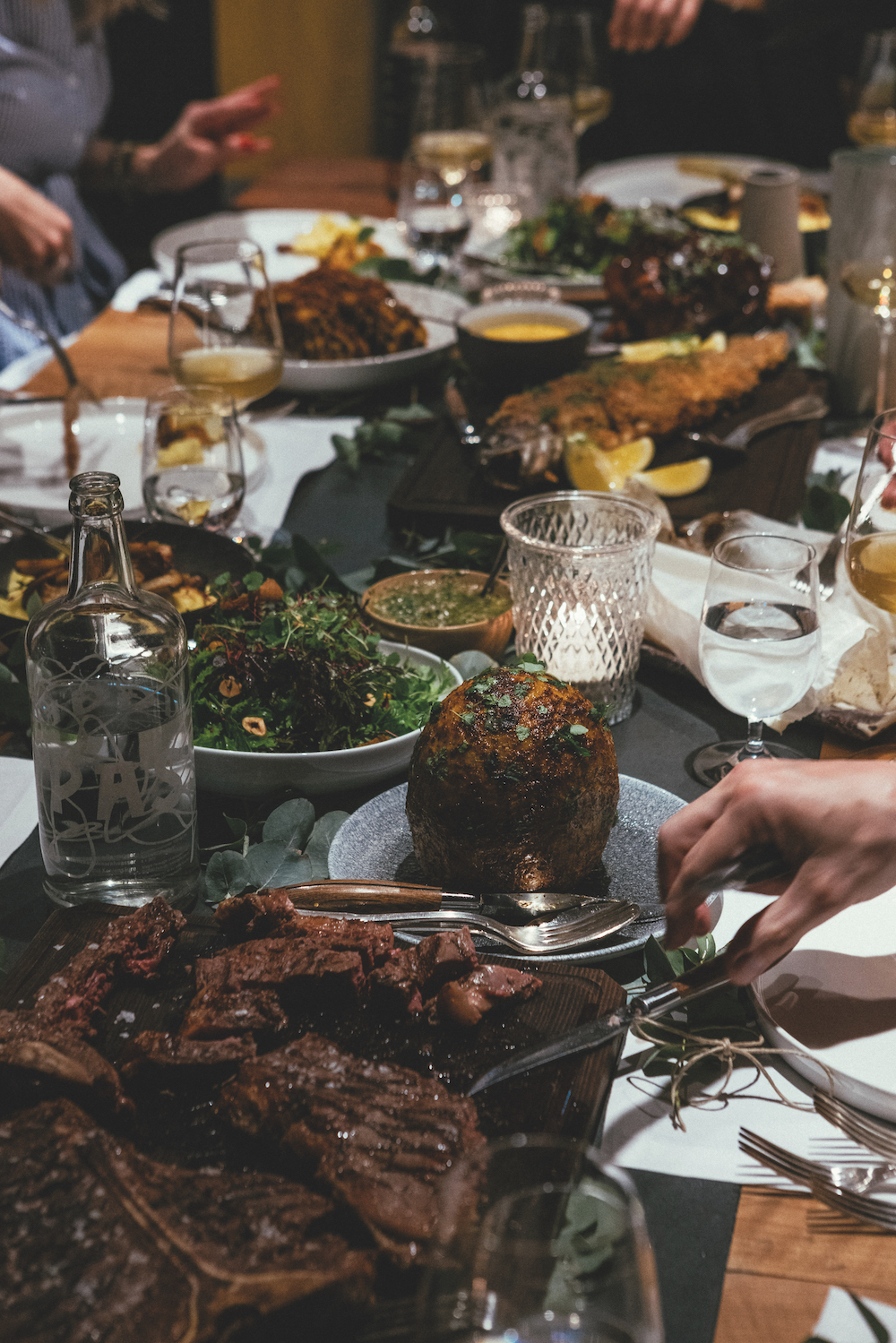
Photo: Florence Stoiber
How much do hotel visitors influence your work dynamics? Do you have active strategies to make the experience more appealing to a younger audience and thus also make it more enjoyable for employees?
The composition of our guest base plays an important role in our working environment. There is a certain balance that we strive for to ensure that both employees and guests experience a pleasant atmosphere.
It’s important that we think about how we can make our offering appealing in order to attract a younger audience. It requires creativity and a targeted approach.
Of course, it is crucial that a certain group of guests does not dominate our entire atmosphere. Let’s take an extreme example: We need to ensure that we are not overwhelmed by the demands of some guests who may be looking for a very exclusive and luxurious experience. That’s why we deliberately take a different approach to avoid drifting into the bling-bling world. Yes, it may be tempting financially, but it wouldn’t please our employees or me. This is also reflected in our corporate design. We deliberately don’t use terms like „exclusive“ or „luxurious“ to ensure that we attract guests who share our vision for the Hirschen. This allows us to avoid unpleasant situations that I myself experienced during my time in the hospitality industry. And the result is a positive and fulfilling atmosphere for all of us.
How do you personally deal with „new work“ or „work-life balance“? What will it be like when you are on maternity leave?
As someone who has taken over the hotel, I was aware from the start that I would be spending a lot of my time here. Nevertheless, my aim is to ensure that the Hirschen as an institution is at the forefront and not the „Peter Fetz Show“. If the hotel can’t function without my presence seven days a week, then something is going wrong. I don’t want to become the focal point.
But I made the decision to run the Hirschen consciously. And it will stay that way while I’m on maternity leave – I couldn’t imagine being at home with my child all day. My child and I will also spend time together in the hotel. That was already the case for me, and I have many fond memories of my childhood at the Hirschen. I also enjoy spending time with the team and getting actively involved in the processes.
As with all internal issues, it’s no different for me than for other employees: There is no rigid solution, but rather individual approaches, depending on the individual needs and realities of life of the people at the Hirschen. Thanks to this flexibility, we can also create tailor-made solutions and positions for all employees, which is a clear advantage for us.



